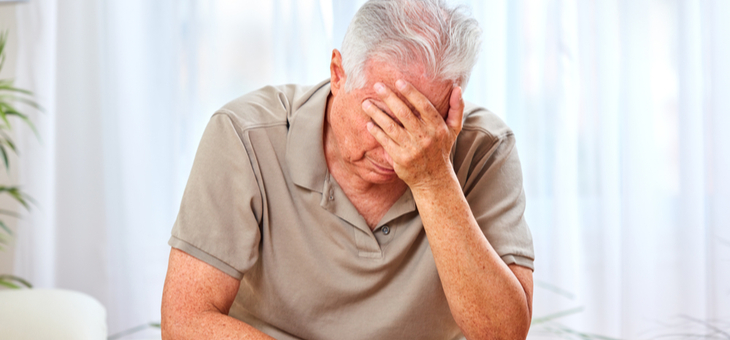Protein deficiency is most common among older people or those who eat a strict vegetarian or vegan diet.
Most people who eat a well-balanced diet will get enough protein. Protein-rich foods include eggs, lean meat, poultry, fish, beans, legumes, tofu, seeds, nuts, milk, yoghurt and cheese.
As you get older your body needs more protein, and this is especially true for women. These are the seven signs of protein deficiency you should look out for.
Loss of muscle
A loss of muscle mass is one of the first signs that you aren’t getting enough protein in your diet. Your muscles are predominantly made up of protein, so you will often lose weight from your muscles when your body can’t get enough.
Changes in the skin, nails and hair
Your skin, hair and nails are largely made up of protein. If you have a deficiency, your body may cut back on growing or maintaining hair and nails to save protein. If your nails are brittle, your skin is red or your hair is fading in colour or thinning, these may be signs that you have a protein deficiency.
Feeling hungrier
When your body doesn’t get enough protein, you’re likely to feel hungrier and get cravings. Eating enough protein helps you feel fuller for longer, lowering your appetite.
Higher risk of bone fractures
Having a protein-rich diet can help to strengthen and protect your bones. If your body is low on protein, it will start to prioritise the health and function of your brain and other essential organs, and will take protein from skeletal muscles. These muscles help to support your bones, so as they lose protein and weaken, your risk of fractures and injuries increases.
Oedema
Also known as dropsy, oedema is fluid retention in the body, causing tissue to become swollen.
Getting sick
Protein is a key component in antibodies that help your body fight off bacteria and viruses. A protein deficiency can weaken your immune system, increasing your risk of infections and sickness.
Feeling weak
Over time, a protein deficiency can make you feel tired and weak. Protein is an essential component in your haemoglobin, which helps to carry oxygen around your body. If oxygen isn’t getting around your body efficiently it can leave you feeling sluggish and with shortness of breath.
If you enjoy our content, don’t keep it to yourself. Share our free eNews with your friends and encourage them to sign up.
Related articles:
How to get protein without meat
How to use these eight super foods
Best ways to boost your protein intake
Disclaimer: This article contains general information about health issues and is not advice. For health advice, consult your medical practitioner.

